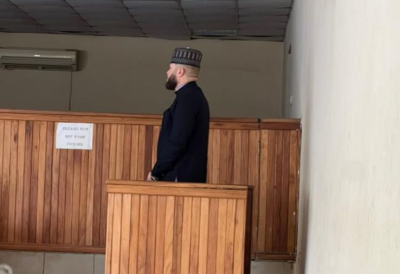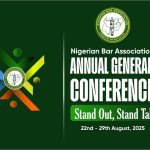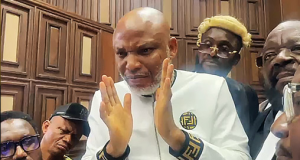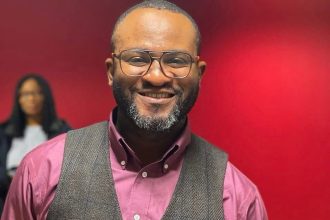In a surprising development, the law firm representing Stephen Abuwatseye, a Bolt driver allegedly assaulted by Alex Ikwechegh, a member of the House of Representatives from Abia State, has withdrawn from the case. The firm, Deji Adeyanju and Partners, announced its withdrawal through a statement signed by Zainab Ortega, citing a commitment to “professional integrity and the highest ethical standards.”
The case originated on October 28, 2024, when Abuwatseye the Bolt Driver reportedly walked into the law firm’s office visibly distressed, recounting an alleged assault by Ikwechegh. The assault supposedly took place while Abuwatseye was delivering a food item to Ikwechegh’s residence in the Maitama district of Abuja. Following Abuwatseye’s complaint, the firm took up the case pro bono, supporting his claims and assisting in the arraignment of Ikwechegh at a Kuje Magistrate Court, where the lawmaker was granted bail.

In a surprising twist, however, the driver publicly apologized to Ikwechegh on Thursday, emphasizing national unity and calling for peace among Nigerians. This apology, along with the law firm’s sudden withdrawal, has added an unexpected layer of complexity to the case, leaving many speculating about the motivations behind both the apology and the firm’s decision to step down.

In its statement, Deji Adeyanju and Partners said, “We wish to formally announce the withdrawal of our legal representation in the case involving the alleged assault of Mr. Stephen Abuwatseye… In view of recent developments and after careful consideration, we have made the decision to withdraw our legal representation in order to protect our professional integrity and maintain the highest ethical standard in the legal profession.”
Bolt Driver: Basis for the Withdrawal
The firm’s decision to withdraw appears to stem from the public apology Abuwatseye extended to Ikwechegh. This apology may have signaled a reconciliation or settlement outside of court, leading the law firm to conclude that its continued involvement could be unnecessary or potentially at odds with its commitment to ethical practice. By distancing itself from the case at this juncture, Deji Adeyanju and Partners likely aims to avoid any appearance of impropriety or influence that could be misconstrued as inconsistent with its advocacy for justice.
Public Perception of Nigeria’s Criminal Justice System
This case has resonated with many Nigerians, who see in it a familiar narrative about the challenges of obtaining justice when influential individuals are involved. Cases like Abuwatseye’s are often viewed as symbolic of broader issues in Nigeria’s criminal justice system, where public perception suggests that wealth and political influence may sway outcomes. The decision of Deji Adeyanju and Partners to withdraw—citing integrity—may be seen by the public as an indication of the complex and often frustrating nature of justice in such cases.
Critics argue that the criminal justice system in Nigeria can be biased, with influential defendants facing fewer repercussions than ordinary citizens. In this context, the law firm’s withdrawal might reflect a frustration with systemic pressures that make it difficult to pursue justice impartially. Conversely, some may interpret the withdrawal as a stance taken to preserve ethical standards amid pressure or changing circumstances.
The Road Ahead
As the case continues to evolve, the public will be watching closely, and this turn of events raises questions about the broader implications for those seeking justice. This incident highlights the continuing need for reforms aimed at ensuring equal access to justice and strengthening public trust in the legal process.











